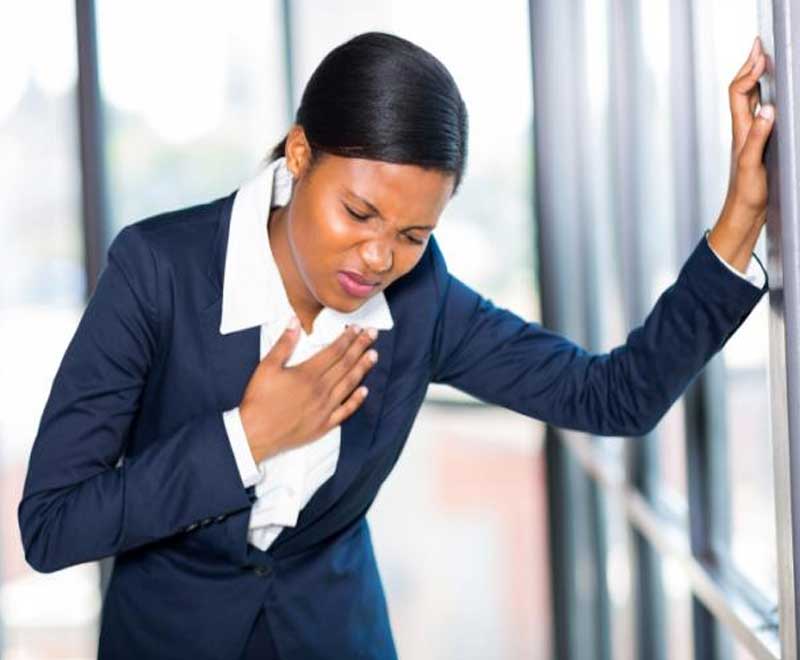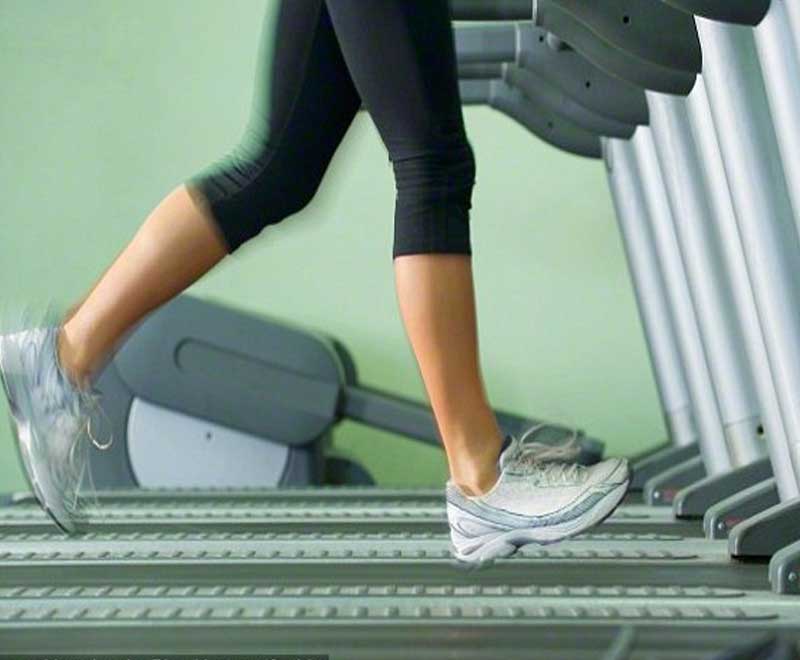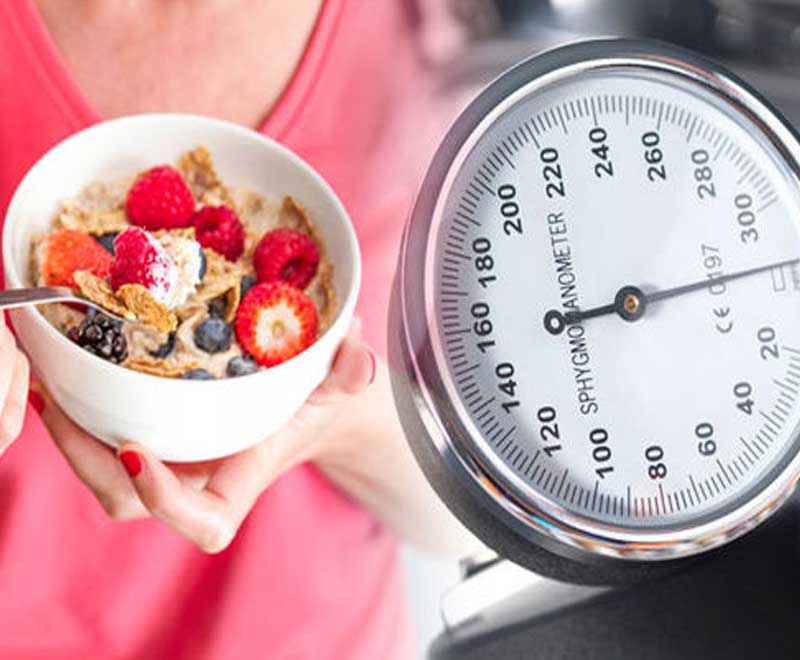
How to Protect Your Heart in the Heat
Summer is here, and for many of us, that means living with scorching temperatures. While sunburns and high air conditioning bills might be the most obvious hazards of hot weather, there′s also a real health risk.
Excessive heat can make you ill – and can even be life threatening. The heat is blamed for about 600 deaths in the United States each year.
Although excessive heat is dangerous for all, if you′ve experienced heart failure or are taking blood pressure medications, you′re especially vulnerable* and need to take additional precautions to guard your health in the heat.
Here′s what you need to know to keep you safe when the mercury starts to climb.
How Excessive Heat Impacts Your Body
Our body closely regulates its temperature because the chemical reactions we depend on to function normally work best within a narrow temperature range.
When the temperature rises, our bodies try to keep us cool mostly by evaporation (sweating) and radiation (directing more blood flow to the skin). While these cooling mechanisms help, they have their limits. Excessive heat – especially if the humidity is high – can overwhelm our bodies defenses and lead to heat exhaustion or heat stroke.
What is Heat Exhaustion and Heat Stroke?
When heat overwhelms the body′s defenses, the medical terms used are heat exhaustion and heat stroke.
Heat exhaustion occurs when the body is moderately overheated. Signs include heavy sweating, feeling faint or dizzy, nausea and rapid pulse. Prompt recognition and treatment (rest, hydration, moving to a cooler environment) is needed to avoid progressing to heat stroke.
Heat stroke occurs when the body is severely overheated. Signs include hot, dry skin, no sweating, confusion, vomiting, and loss of consciousness (passing out). Heat stroke is a medical emergency – if you suspect someone has heat stroke, you should call 911 or other emergent medical service.
How to Keep Your Heart Safe in the Heat
Most episodes of heat-related health problems are preventable. Besides avoiding excessive heat and taking frequent breaks from the heat and sun, other effective strategies to keep you safe from the heat include:
- Stay hydrated – Easier said than done. Staying hydrated often takes planning and persistence. Waiting until you are thirsty is often too late. Think about how you can keep hydrated before, during, and after heat exposure, especially when it′s humid or you are exercising. Caffeinated beverages don′t count, and water is usually best.
- Avoid excess alcohol – Besides being dehydrating, alcohol can lead to poor decisions. Planning ahead and having a strategy (i.e. avoid binge drinking, drinking water before, alternating between an alcohol drink and water) can help you stay out of trouble.
- Wear appropriate clothing - Light, loose fitting clothing and hats that protect from sun exposure. Sunscreen is always a good idea.
- Avoid heavy exercise – Particularly in the middle of the day, in direct sunlight or when it′s humid.
Summer is a great time for fun and family. Don′t let excessive heat affect the health of you or your loved ones. With some knowledge of the possible consequences, and prior planning, you can keep your summer safe.
Health News










